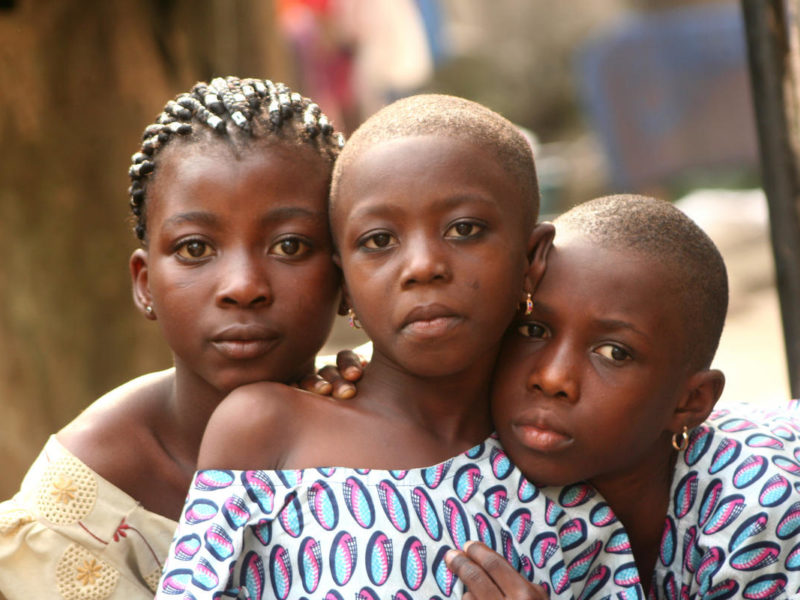U.S. Ambassador Leslie Rowe stressed the need to address gender when examining vulnerability to HIV and AIDS in her opening remarks at the Go Girls! initiative end-of-project conference, held on May 11 in Maputo City.
“The US Mission in Mozambique has made the inclusion of gender issues in our programs a priority,” she explained. Ongoing work will continue to focus on these issues, “and has identified strengthening gender-based violence efforts as a priority.”
Gender was identified as a critical piece of the HIV vulnerability puzzle by the PEPFAR-funded, CCP-led Gender Initiative on Girls’ Vulnerability to HIV (GIGV), commonly referred to as the Go Girls! Initiative. Go Girls! was implemented from 2007 to 2010 in Botswana and Malawi, in addition to Mozambique. In each country, teams carried out formative research to understand community perspectives on girls’ vulnerability, and developed and rolled out interventions, including community mobilization, school personnel training and community- and school-based life skills for girls and boys.
In sub-Saharan Africa, girls are 3 to 5 times more likely to be infected with HIV than are boys of the same age. In Mozambique, the HIV prevalence rate among girls aged 15 to 24 is 11.1%; the corresponding rate among men of the same age is 3.7%. The Go Girls! Initiative used a “whole community” approach to reduce adolescent girls’ vulnerability to HIV transmission, and strengthen gender programming worldwide through an innovative, multi-level approach to HIV prevention for girls aged 10 to 17 years.
Survey results show that the Go Girls! approach works. Go Girls! activity participants had increased HIV knowledge, improved child-parent relationships and enhanced school environments.
The materials developed through the Go Girls! Initiative have been compiled in a toolkit that is available as a free resource to help policy-makers and programmers promote strong girls and strong communities worldwide. The toolkit includes resources to assess girls’ vulnerability, and implement Go Girls! program activities using five how-to manuals, communication tools, success stories and monitoring and evaluation tools. The Go Girls! toolkit is available on both the Knowledge for Health and AIDSTAR-One websites.
In this way, the Go Girls! Initiative will continue to bring a gender approach to HIV work beyond the life of the project. As stressed by Ambassador Rowe, “As we [U.S.G] move forward on our new Initiative and address violence against women and girls, we will be looking to Avante Raparigas [Go Girls!] to inform us along the way.”
Learn more about the Go Girls! Initiative.
Read about the Go Girls! Initiative on the USAID Impact blog.




